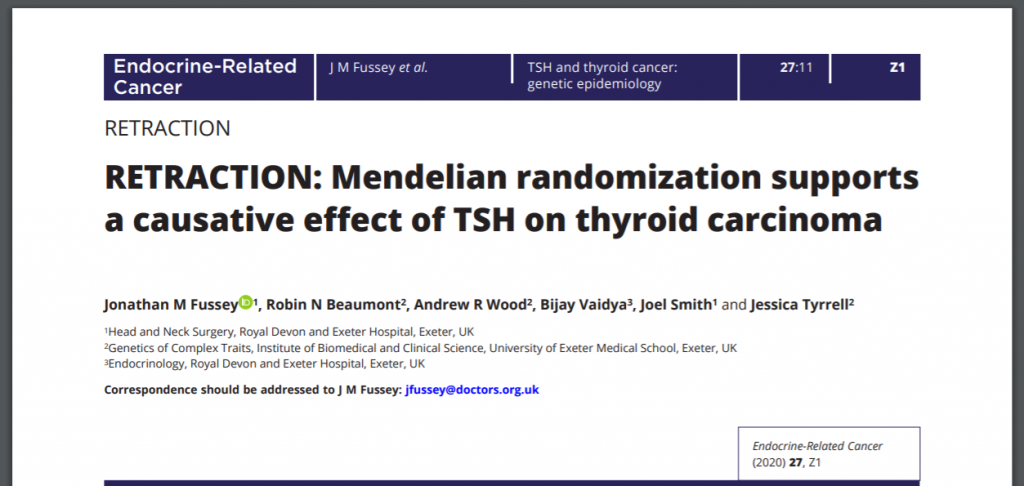A cancer researcher at the University of Cambridge in the UK has retracted a paper from Cell after commenters on PubPeer questioned aspects of 10 images in the article.
Though an institutional investigation found the figures were “not reliable,” another of the authors objected to the retraction as “an overreaction.”
Steve Jackson, the University of Cambridge biology professor and lab leader, previously retracted two papers – including one in Nature and one in Science posted on the same day – after a Cambridge investigation found a co-author, Abderrahmane Kaidi, had falsified data.
Continue reading Cambridge researcher pulls Cell paper five years after Nature, Science retractions








